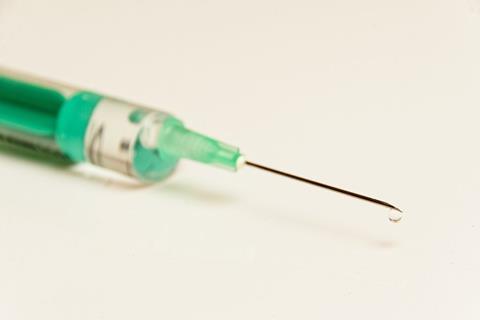A European report has confirmed that UK farm animal use of antibiotics is comparatively low against many other European countries.

The report - the second of its kind - has analysed use of antibiotics and occurrence of resistance in bacteria from humans and food-producing animals.
Its data indicated that in 2014, UK antibiotic use in animals was 60% below average within Europe, at 62mg/kg, compared to 152mg/kg in the continent.
UK farm animal use of the highest-priority Critically Important Antibiotics was also very low, particularly colistin, where average consumption by farm animals in the UK was significantly below the European average.
In addition, the findings ratified one of the priorities of the UK’s poultry meat sector to achieve a 72% reduction in fluoroquinolone between 2012 and 2016, as resistance to this specific antibiotic in salmonella and campylobacter bacteria was identified to be related to antibiotics consumption in animals.
The report was jointly produced by the European Centre for Disease Control, the European Food Safety Authority and the European Medicines Agency, and also noted a clear link between antibiotics consumption and the occurrence of antibiotic resistance in both farm animals and humans.
The secretary general of Responsible Use of Medicines in Agriculture Alliance, John FitzGerald, welcomed the report and added: “The UK’s most recent Veterinary Antimicrobials Resistance and Sales Surveillance (VARSS) report2 on 2015 sales data saw a 10% drop in antibiotics sales into food-producing animals compared with the previous year.
“This, alongside significant reported reductions in usage in the poultry and pig sectors – released via the recent British Poultry Council Stewardship Report3 and AHDB’s e-Medicine Book data4 – will have changed the picture again.”
This story was originally published on a previous version of the Meat Management website and so there may be some missing images and formatting issues.












